EERA Blog
European Educational
Research Association
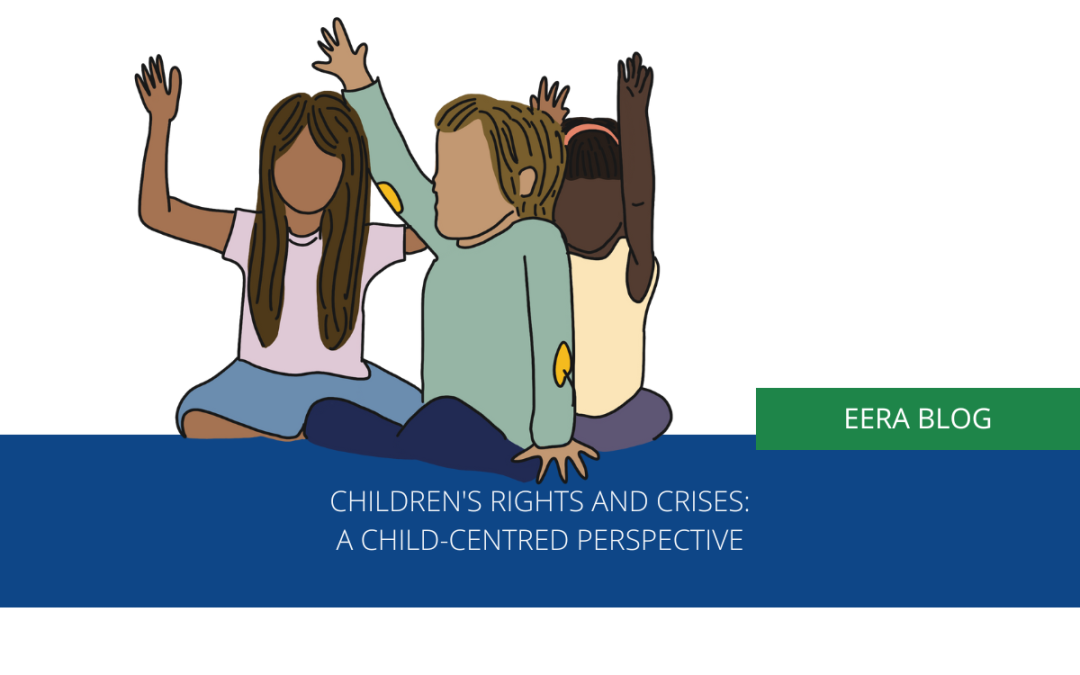
Children’s Rights and Crises: A Child-centred Perspective
Research shows that post-crisis interventions for children are often ineffective, or suffer from a high drop-off rate. Could a switch from adult-centric to more child-centric crisis response mitigate damaging impacts on children?
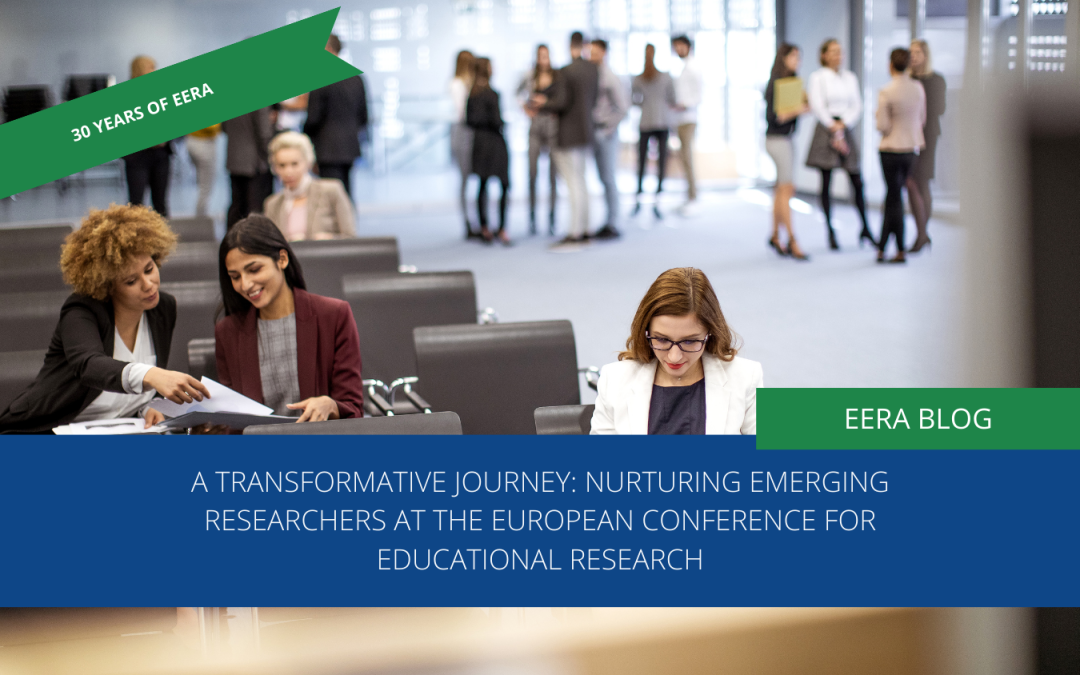
A Transformative Journey: Nurturing Emerging Researchers at the European Conference for Educational Research.
In our blog series celebrating 30 years of EERA, Professor Fiona Hallett reflects on the sense of belonging within a supportive community of scholars.
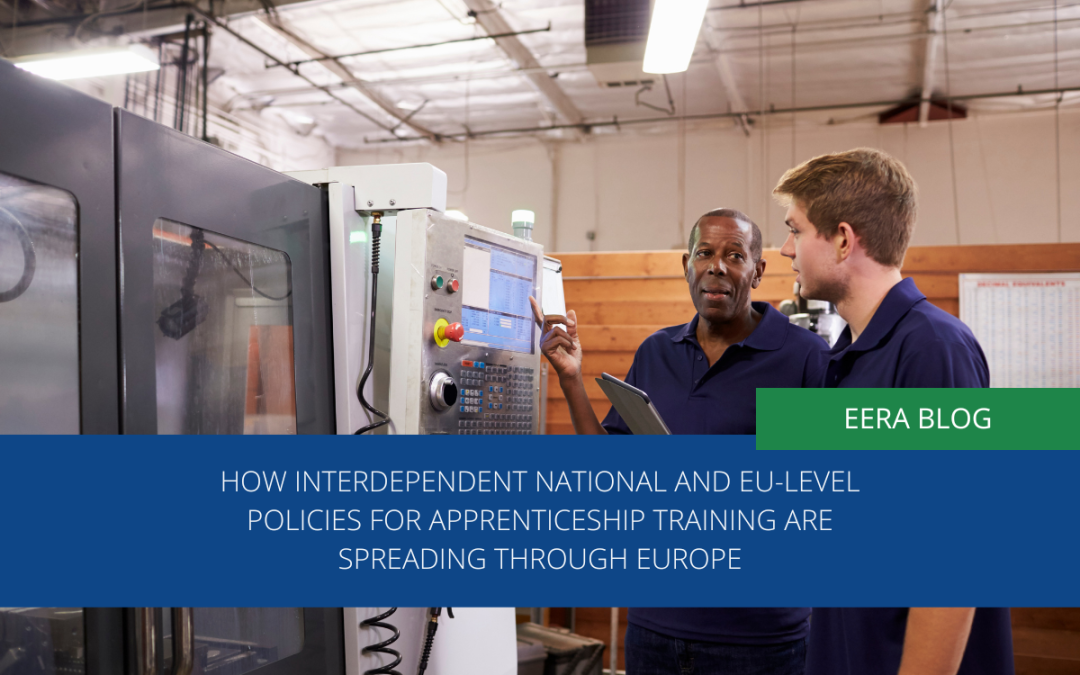
How interdependent national and EU-level policies for apprenticeship training are spreading through Europe
How the European Alliance for Apprenticeships (EAfA) and the German Alliance for Initial and Further Training are shaping other EU states’ VET policies.
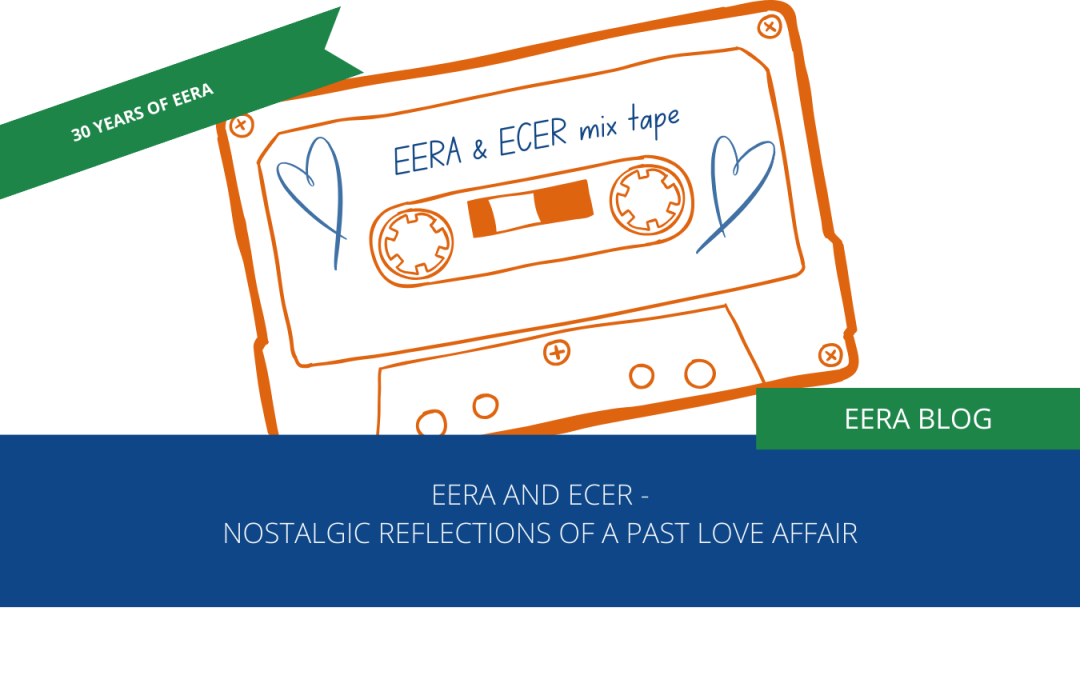
EERA and ECER – nostalgic reflections of a past love affair
In this blog post, Dr Peter Gray takes a rather light-hearted yet nostalgic look back over the meetings and encounters of EERA and ECER, and wonders whether the spark of a past love affair can be rekindled.
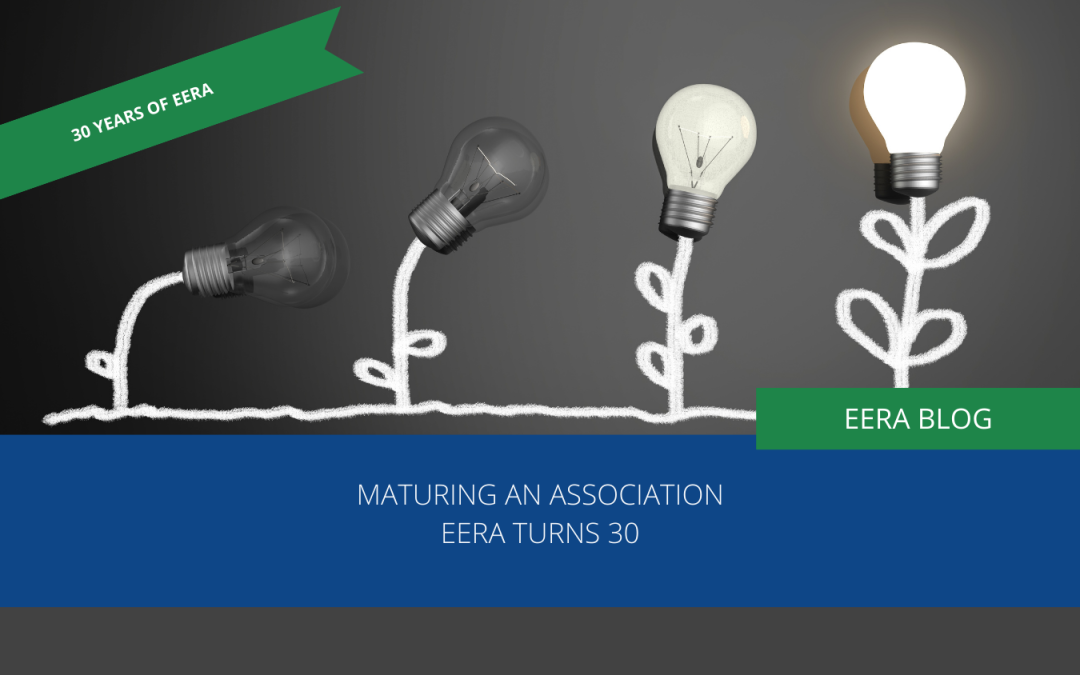
Maturing an association – EERA turns 30
For our series on 30 years of EERA, Associate Professor Emeritus Lejf Moos reflects on his involvement in EERA and ECER, and his time as EERA President from 2009 to 2014.
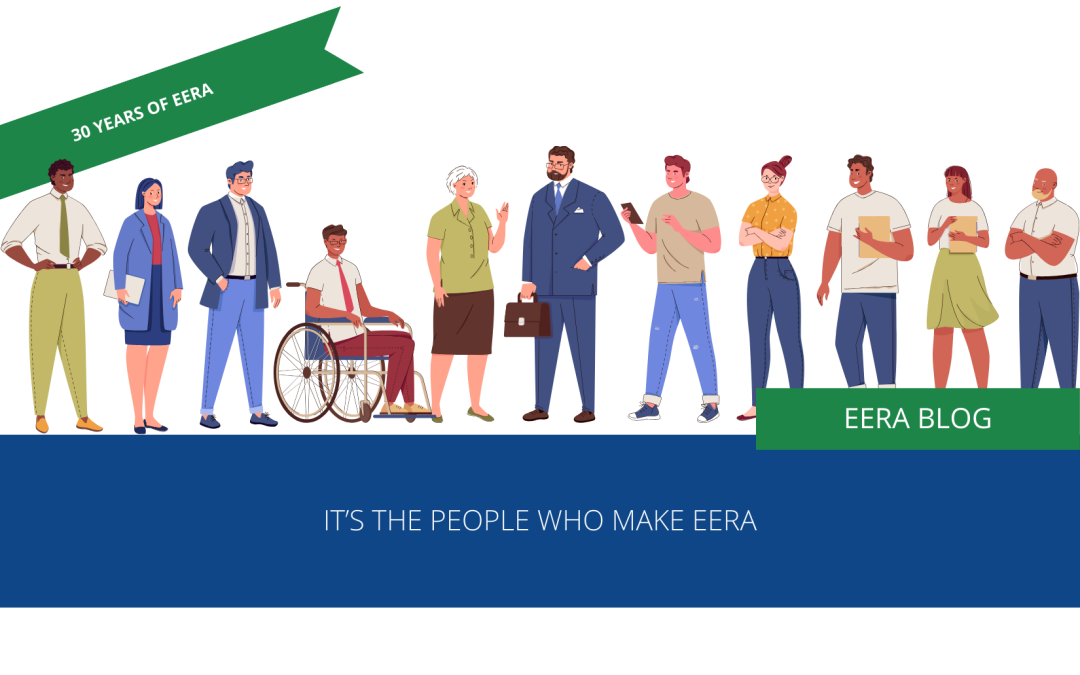
30 years of EERA – It’s the people who make EERA
For our series on the 30th anniversary of EERA, Dr Jani Ursin, reflects on his experiences as a Networks’ Representative on the EERA council, and the inclusive community of researchers he has engaged with over the years. #30YearsEERA #EdSci
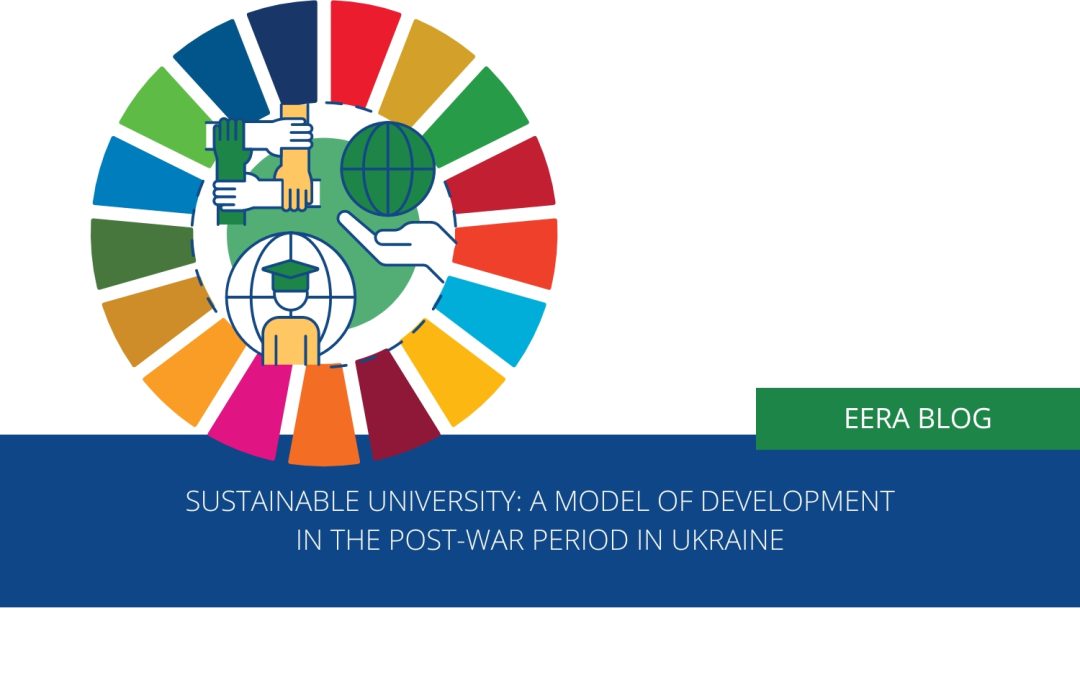
Sustainable university: A model of development in post-war Ukraine
Higher education institutions are more than a place for obtaining knowledge and competencies; they are the centres for accumulating the country’s intellectual capital, they are the research and training hubs, and they are the agents of sustainable changes in society. Dr Iryna Didenko and Dr Nataliia Kholiavko on a sustainable development model for universities in post-war Ukraine.
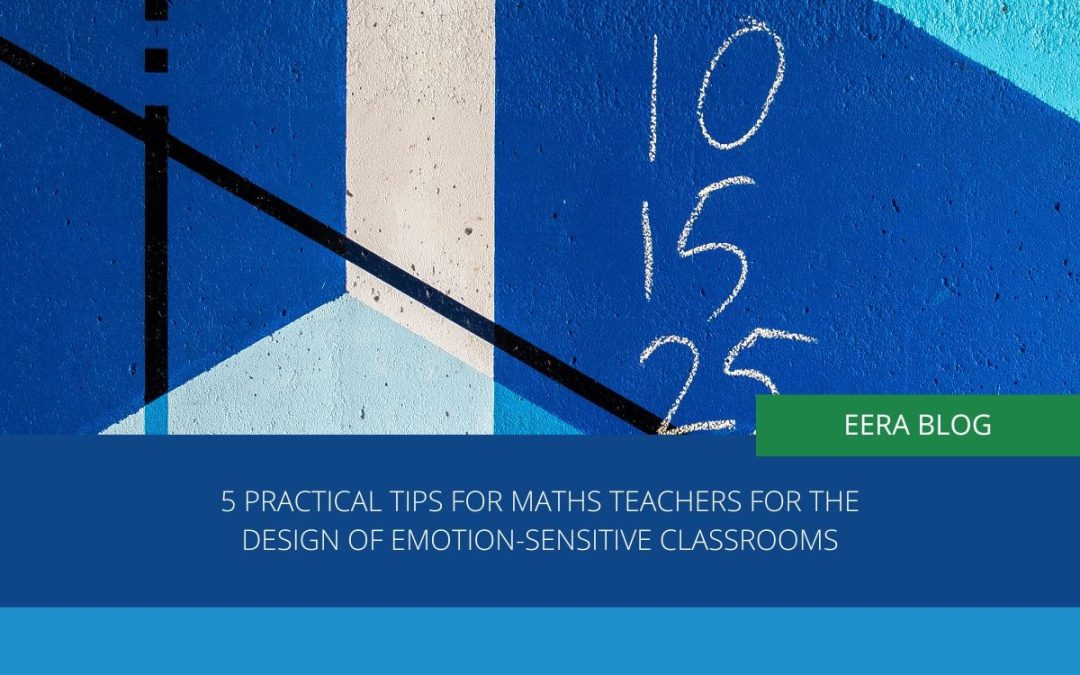
5 practical tips for maths teachers for the design of emotion-sensitive classrooms
Teachers should design authentic learning environments in which students are provided with learning opportunities to apply their knowledge and skills in different disciplines and real life, argues Dr. Başak Çalık.
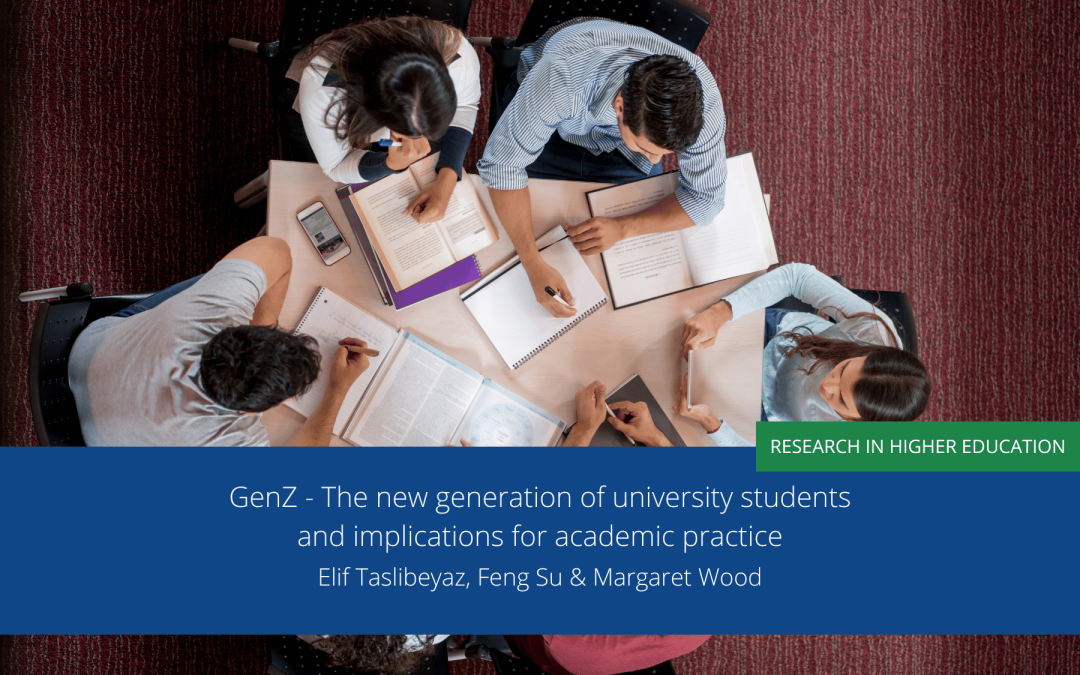
GenZ – the new generation of university students and implications for academic practice
To meet the expectations of GenZ university students, universities must go beyond the stereotypes and provide support for a range of learning needs.
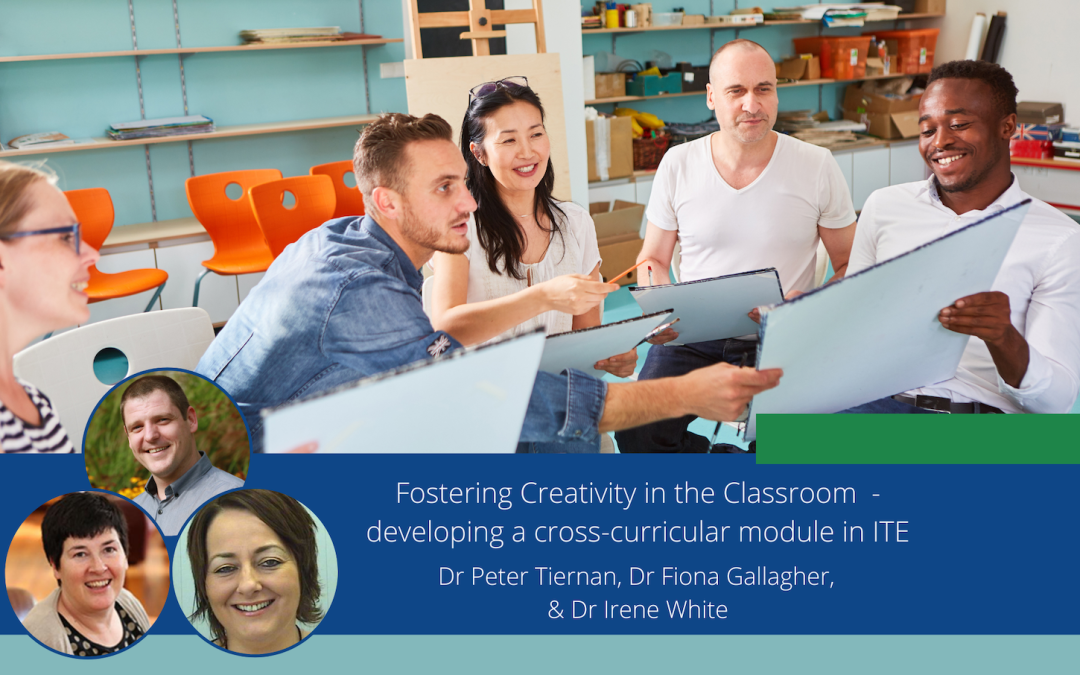
Fostering Creativity in the Classroom – developing a cross-curricular module in ITE
Dr Tiernan on fostering creativity in the classroom with a multidisplinary approach, including digital learning, drama, and linguistic responsiveness.
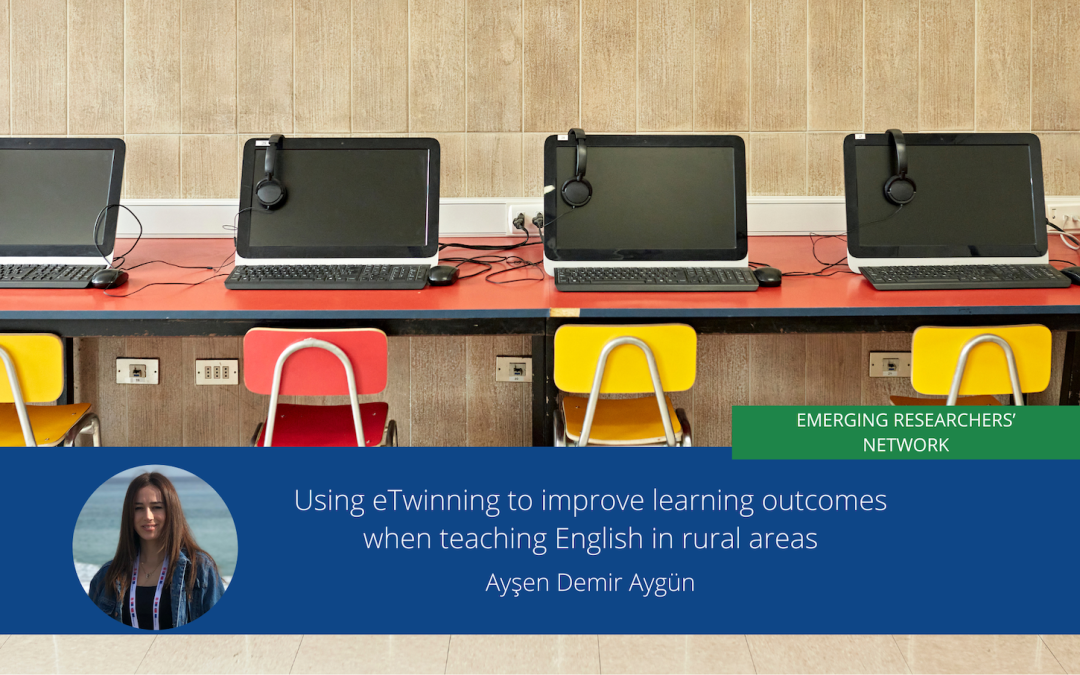
Using eTwinning to improve learning outcomes when teaching English in rural areas
eTwinning offers students in remote areas the opportunity to socialise and make friends throughout Europe, and provides them with an opportunity to practice their English skills while developing ICT skills. For teachers, eTwinning can lead to a cooperative learning and working experience with other European teachers on a range of subjects.
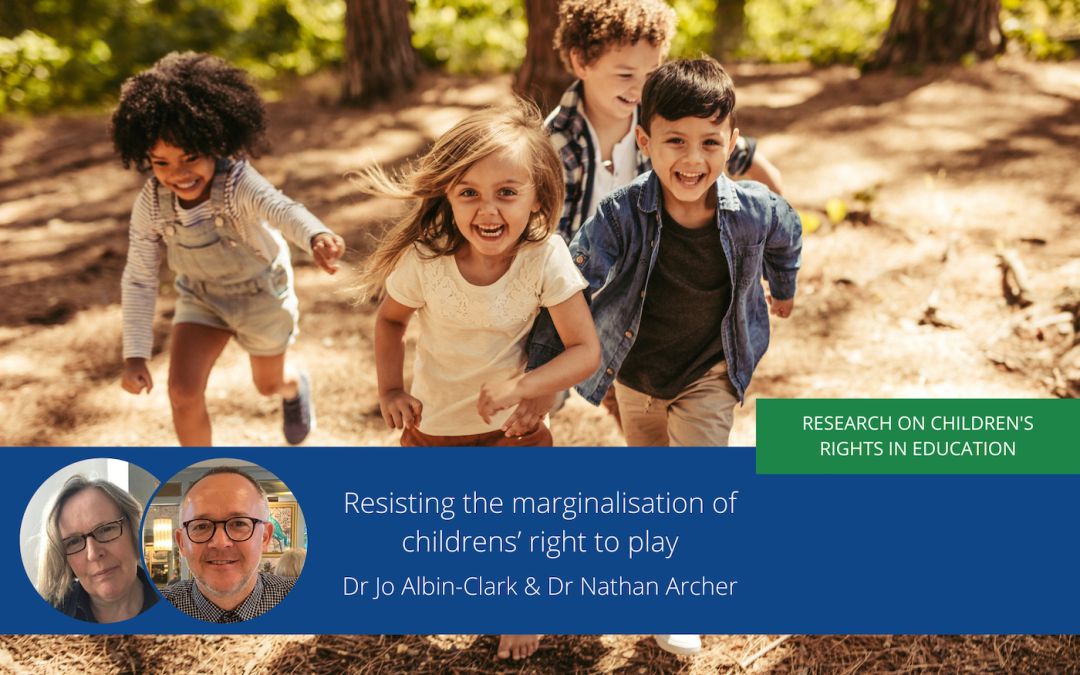
Resisting the marginalisation of children’s right to play
Play has an essential role in children’s educational lives and matters to their childhood. Play and educational justice are related concepts, and there are both implications and risks in marginalising children’s right to play.
Write for the EERA Blog
If you’d like to contribute to the EERA blog, take a look at our Submission Guidelines to find out how to successfully pitch a blog post to our Editorial Team. Then send us a quick email to blog-mail@eera.eu
We look forward to hearing from you
